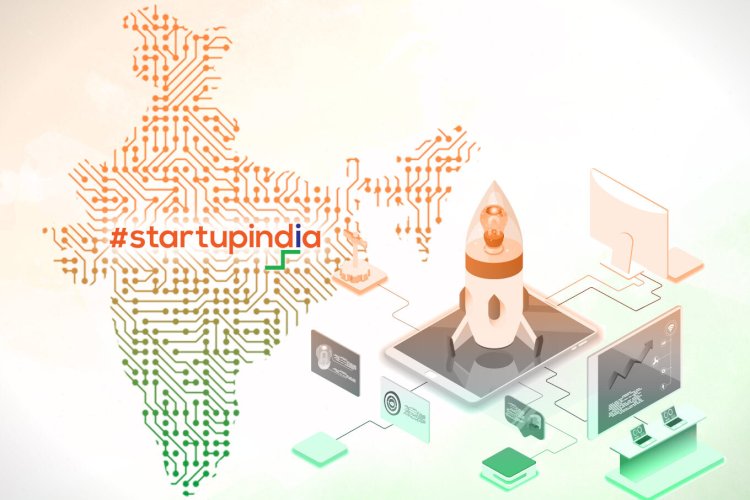Startup
[ad_1]

India’s startup ecosystem is at an inflection point, poised for continued growth and innovation. With a supportive regulatory framework, access to capital, and a thriving culture of entrepreneurship, the country offers a fertile ground for startups to flourish. By addressing key challenges, fostering collaboration, and embracing emerging opportunities, India is well-positioned to emerge as a global hub for innovation and entrepreneurship in the years to come.
India’s startup ecosystem has witnessed exponential growth over the past decade, fueled by innovation, government initiatives, and a surge in entrepreneurial spirit. From tech unicorns to niche disruptors, the landscape is teeming with opportunities for aspiring founders, investors, and ecosystem enablers alike. In this blog post, we delve into the multifaceted dimensions of India’s startup ecosystem, exploring its key components, challenges, and future prospects.
Understanding the Landscape:
-
Government Initiatives:
- Initiatives like Startup India, Make in India, and Digital India have provided crucial support, including tax incentives, funding schemes, and regulatory reforms to foster entrepreneurship.
- Startup India aims to build a conducive ecosystem for nurturing innovation, offering benefits such as self-certification, funding support through the Fund of Funds, and easy exit mechanisms.
-
Incubators and Accelerators:
- Incubators such as T-Hub, Nasscom 10,000 Startups, and accelerators like Y Combinator, Techstars have played a pivotal role in providing mentorship, networking opportunities, and seed funding to early-stage startups.
- These platforms offer structured programs, access to industry experts, and co-working spaces, nurturing startups through their ideation to market-ready stages.
-
Funding Landscape:
- India has witnessed a significant influx of venture capital and angel investors, both domestic and international, driving funding rounds across various sectors.
- Notable venture capital firms like Sequoia Capital India, Accel Partners, and Tiger Global Management have actively invested in Indian startups, contributing to several unicorns and high-growth ventures.
Challenges and Opportunities:
-
Regulatory Hurdles:
- Despite progressive reforms, regulatory complexities, bureaucratic red tape, and compliance issues continue to pose challenges for startups, especially in sectors like fintech and healthcare.
- Streamlining regulatory processes, promoting ease of doing business, and addressing legal ambiguities are crucial for fostering a more conducive environment for startups.
-
Talent Acquisition and Retention:
- While India boasts a vast pool of technical talent, attracting and retaining skilled professionals remains a challenge for startups, particularly in the face of competition from established firms and lucrative offers abroad.
- Startups are increasingly focusing on building strong company cultures, offering stock options, and providing opportunities for skill development and career growth to retain top talent.
Future Outlook:
-
Emerging Technologies:
- India is witnessing a surge in startups leveraging emerging technologies such as artificial intelligence, blockchain, Internet of Things (IoT), and space tech, driving innovation across diverse sectors.
- With favorable government policies, increasing investor interest, and a growing talent pool, the adoption and integration of these technologies are expected to accelerate, unlocking new growth avenues.
-
Impact-driven Entrepreneurship:
- Social entrepreneurship and impact-driven startups are gaining traction, addressing pressing socio-economic challenges such as healthcare accessibility, education, environmental sustainability, and rural development.
- Impact investors, philanthropic organizations, and corporate partnerships are actively supporting these ventures, recognizing their potential to drive positive change while delivering financial returns.
[ad_2]
Source link



